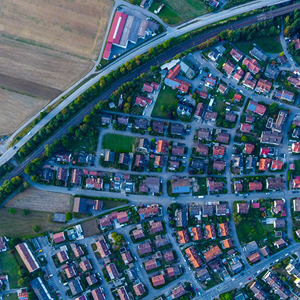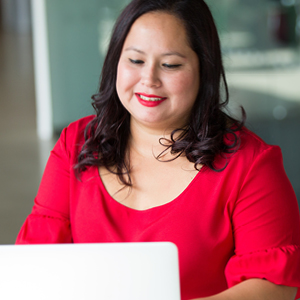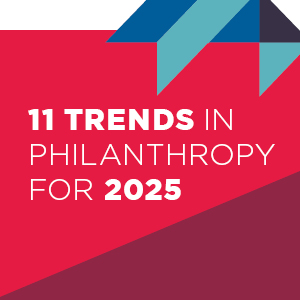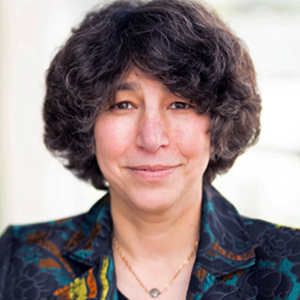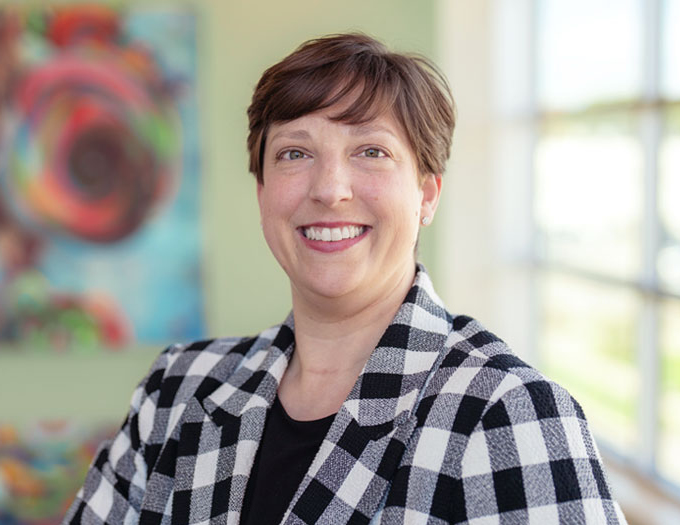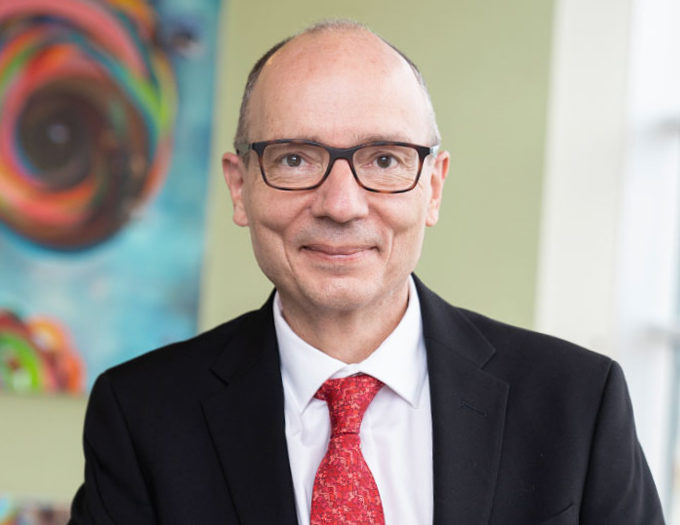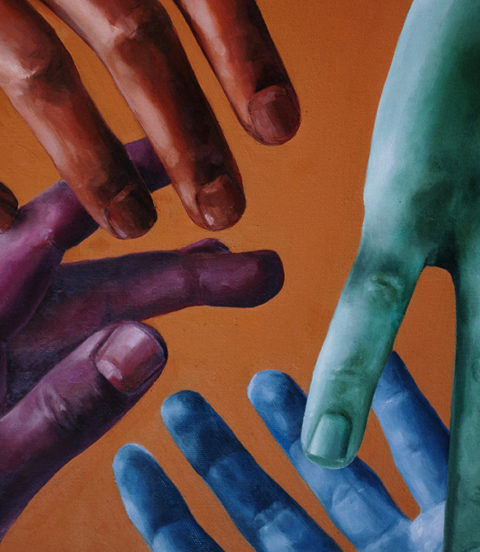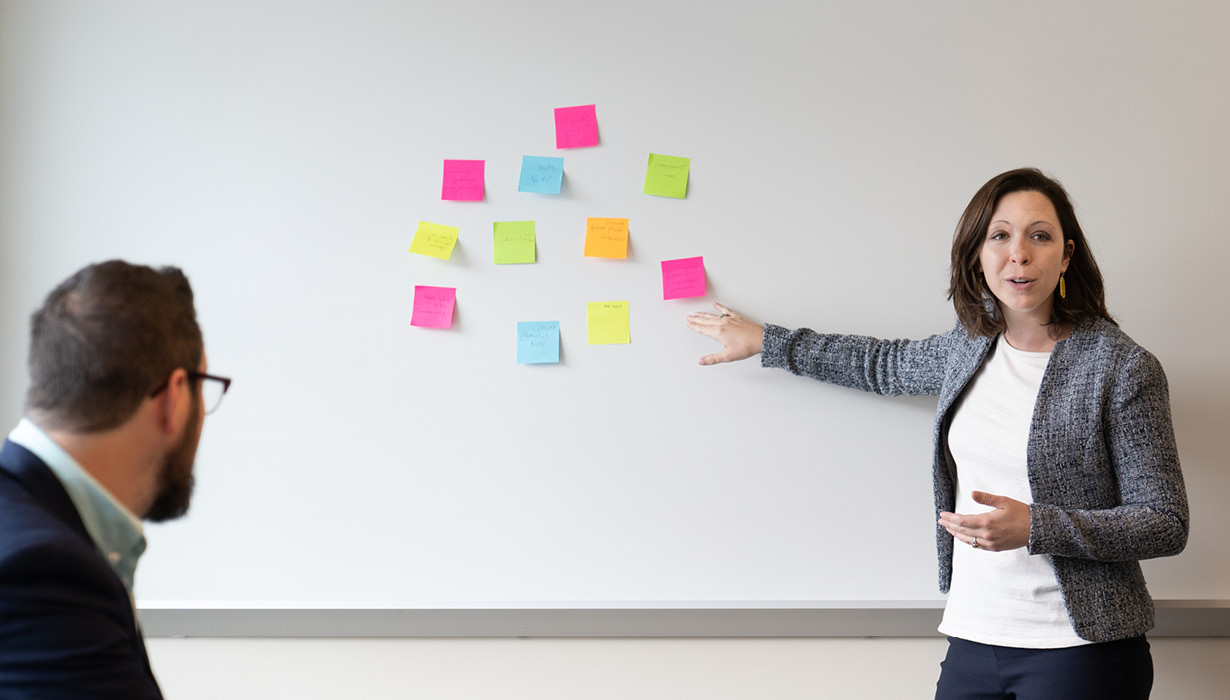
Research & Initiatives

Family foundations and other family donors play an essential and increasing, yet often unheralded, role in addressing social challenges and enhancing the quality of life in communities across the globe.
The Frey Foundation Chair for Family Philanthropy at the Johnson Center is the first of its kind in the nation. The Chair works with a network of partners to pursue a comprehensive, international program of applied research, speaking and writing, professional education and teaching, and other activities.
The Chair was made possible by the vision and generosity of the Frey Foundation, one of Michigan’s largest family foundations, which was established in 1974 in Grand Rapids by Edward J. and Frances T. Frey.
Current Projects
Donor Education Cohorts and Research Project
Learning how to be a “better” giver has been a prominent theme in philanthropy since giving moved from charity to a formalized and professionalized effort to improve our world. At the same time, we now recognize efforts to use non-charitable resources for social good, such as program-related investments, impact investing, triple bottom line expectations, etc.
Donor education is critical to giving thoughtfully, strategically, and with impact. According to the 2023 Bank of America High Net Worth Study of Philanthropy, just over 40% of HNW individuals have a plan for their giving and 63% indicated they would like to be more knowledgeable about some facet of their charitable giving.
This project invites community foundations and other donor-serving organizations to convene small cohorts (8-12 people) to complete a new donor education curriculum together over four weeks. Donors receive high-impact support in reflection and strategy development, and their experiences and feedback contribute to refining a program that both recognizes that donor education is important and asks, more specifically, what difference can it make? Can it be utilized to unlock “better” giving?
Community-Centric Fundraising Adoption and Effectiveness Project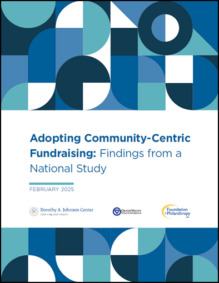
This first-of-its-kind national study aims to understand nonprofits’ experiences with Community-Centric Fundraising, their successes and challenges, and what results organizations have seen since enacting CCF principles. Established in 2019 by a group of BIPOC fundraisers, Community-Centric Fundraising is a fundraising model grounded in equity and social justice that encourages holistic and mutual support of the nonprofit sector.
Dr. Dale is pursuing this research in partnership with co-researcher, fundraising practitioner, and consultant Maya Hemachandra of Sambar Nonprofit Solutions. Support for this project is provided by the AFP Foundation for Philanthropy.
Research on Family Philanthropy
Elizabeth Dale’s research on individual and family philanthropy, with an emphasis on women and LGBTQ+ donors, gives important insight into the diversity of donors, the causes they support, and how they make giving decisions. In addition to her applied research and scholarship, she is a thought leader in examining philanthropy with an equity and inclusion lens and a champion for giving, both professionally and personally. She frequently speaks with philanthropists and fundraisers and teaches courses on philanthropy and fundraising, as well as governance and the nonprofit sector. Examples of her work include:
Moving Money and Shifting Power for Social Justice: Voices of Wealthy Next-Gen Donors
In partnership with the Women’s Philanthropy Institute at Indiana University, this report highlights the insights of a small group of high-net-worth millennial and Gen Z donors who are committed to equity and wealth redistribution. The study examines how they define and practice social justice philanthropy and is one of the first to consider how gender, race, sexual orientation, and other aspects of identity motivate and influence giving. Learn More.
Giving With Pride: Considering Participatory Grantmaking in an Anti-Racist, LGBTQ+ Community Foundation
This case study of Pride Foundation, a regional LGBTQ+ community foundation in the Pacific Northwest, documents how the organization shifted its grant-making practice during the COVID-19 pandemic and considered both a participatory grantmaking and trust-based model as part of a broader commitment to racial justice. A subsequent chapter also appears in the forthcoming book Participatory Grantmaking in Philanthropy: How Democratizing Decision-Making Shifts Power to Communities (Georgetown University Press, 2024). Learn More.
The Million-Dollar Donor Journey: Stages of Development for High-Net-Worth Women Donors
With support from the Bill and Melinda Gates Foundation, this research examined the life trajectories of a cohort of women donors who had made gifts of $1 million or more to causes that benefit women and girls. The research illustrates an ongoing process to “learn about giving” and details common stages donors experienced prior to making their million-dollar gifts. Learn More.
More Resources on Family Philanthropy
Founding Frey Foundation Chair for Family Philanthropy
Community philanthropy is a universal practice, found across time and borders, as individuals come together to share resources and improve their communities. These practices take many forms — from highly institutionalized community foundations to mutual aid groups and collective giving networks.
The W.K. Kellogg Community Philanthropy Chair, established at the Johnson Center in 2015, was the first endowed chair in community philanthropy in the country. The Chair partners with a network of community and public foundations, collective giving groups, and national and international communities to support, research, and lift up the practice of community philanthropy.
This Chair honors the philanthropic legacy and civic investment of W.K. Kellogg, founder of the Kellogg Company and W.K. Kellogg Foundation in Battle Creek, Michigan. The Kellogg Chair was established with a gift from the W.K. Kellogg Foundation and the Kellogg Company 25-Year Employees’ Fund.
U.S. Collective Giving Research Initiative
Current Projects
2023 U.S. Collective Giving Research Initiative
Practiced in cultures all around the world, collective giving brings people together to pool their resources, including time, talent, treasure, testimony, and ties — often referred to as the 5 T’s. Groups like giving circles, SVP chapters, giving projects, and fundraising circles have long served as democratic and philanthropic learning hubs — bringing traditionally marginalized voices into philanthropic decision-making spaces, challenging preconceived notions of who is considered a philanthropist, and elevating members as integral actors in our sector’s efforts to advance diversity, equity, and inclusion in giving. Learn More.
Dr. Michael Layton is pursuing this research in partnership with Philanthropy Together and co-researcher Dr. Adriana Loson-Ceballos. Generous support for this project is provided by the W.K. Kellogg Foundation, the Lodestar Foundation, and the Bill & Melinda Gates Foundation.
Family and Community Philanthropy in Latin America
In the past two decades, Latin America has seen important progress in the development of its formal philanthropic infrastructure — particularly through institutions such as community foundations, which channel and grow local philanthropic engagement. Today, growing wealth concentration, the preponderance of family business ownership, and the evolution of philanthropic practices — with traditional cultures of giving increasingly being organized and channeled through formal institutions — combine to create a crucial moment in the region’s philanthropic development.
Yet research on philanthropy in Latin America remains relatively sparse and does not offer sufficient guidance to understand these dynamics — including promising trends in collaborative and place-based giving — or to seize this vital moment.
Phase One of our research focused on Mexico, in collaboration with Dr. Michael Moody of the Lilly Family School of Philanthropy at Indiana University and the community foundation movement, especially Comunalia and CEMEFI. Phase Two is currently underway in Colombia, in partnership with TerritoriA, and highlights the role of territorial foundations in promoting community-centered philanthropy.
This research is generously funded by the Charles Stewart Mott Foundation, with additional grants from the George and Cynthia Woods Mitchell Foundation and the Tinker Foundation. It has also benefited from in-kind support provided by community foundations in Mexico and by TerritoriA in Colombia.
Explore More Community Philanthropy Resources
Inaugural W.K. Kellogg Community Philanthropy Chair
Explore the Latest Research from the Johnson Center
Johnson Center experts engage in both client- and grant-funded research and evaluation projects intended to help practitioners around the world use data and knowledge to strengthen their efforts and impact. We work with a variety of research partners and collaboratives to undertake these projects and initiatives. We are grateful to our partners, study participants, communities, and clients and funders for making this work possible and ensuring its broad reach and usefulness.
A Comprehensive Look into the Characteristics and Perspectives of DAF Donors
First-of-Its-Kind Exploration of DAF Hosts, Sponsors, and Managers
New Research on the Adoption of CCF Practices
Helping You Anticipate and Embrace What's Next
Seven Popular Forms Dominate the Landscape of Collective Giving Groups
Research to Support a New Era of Philanthropic Engagement in Mexico
The Collective Giving Movement is Poised to Double in the Next Five Years
New Research Answers Entrenched Questions on DAF Payouts, Assets, and More
Inquire About a Project
The Johnson Center is home to a team of experts in nonprofits and philanthropy; data collection, analysis, and meaning-making; visualization and web technology; adult learning; and more. We’re eager to help you define and answer big questions and design strategies for informing and shifting the field based on research findings.
Support Our Research
The Johnson Center relies on the support of philanthropists like you to power research and inquiry in philanthropy. We are grateful to the many individuals, foundations, and corporate sponsors who make our work possible. Become a part of our mission and make your donation today.
Researchers and scholars at the Johnson Center pursue a variety of original research questions about the evolving nature and current state of philanthropy. Supported by the generosity of philanthropic funders — both individuals and institutions — we pursue these questions with one another and in partnership with peers and organizations around the world.




